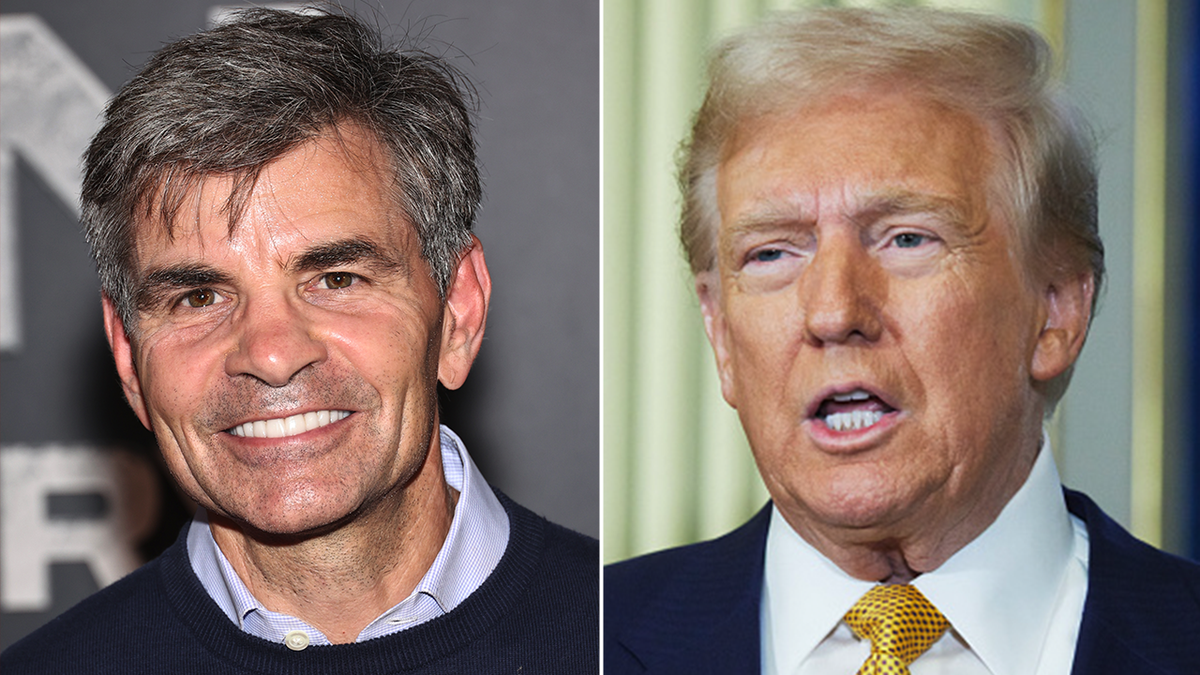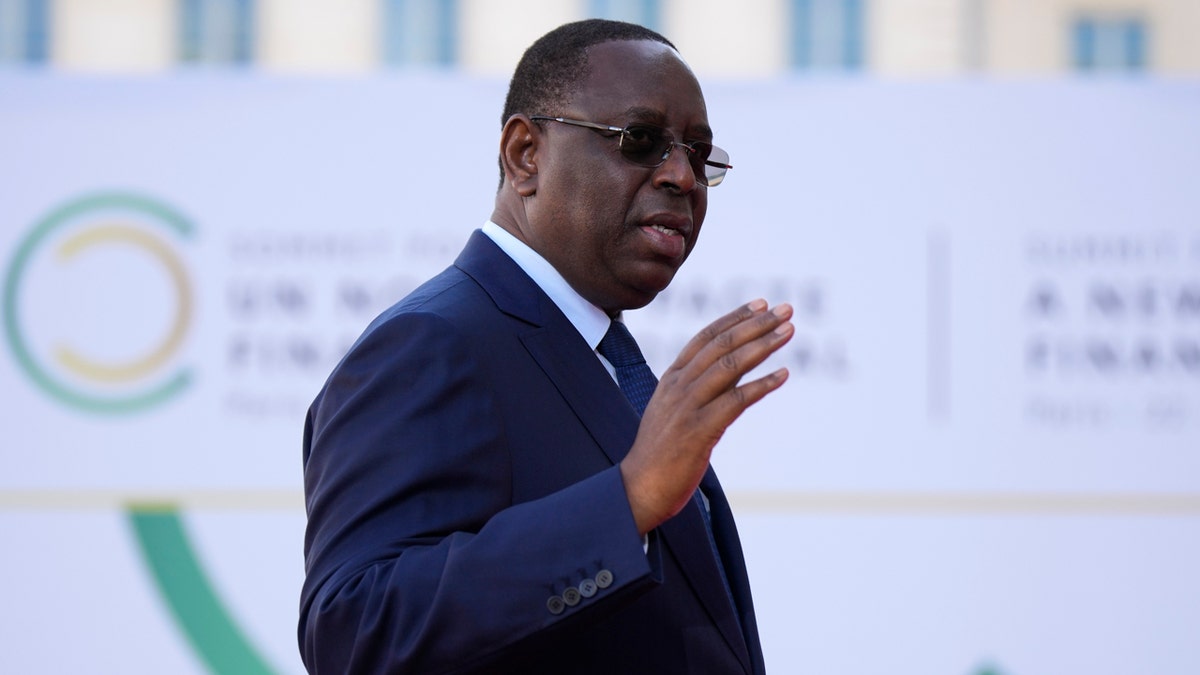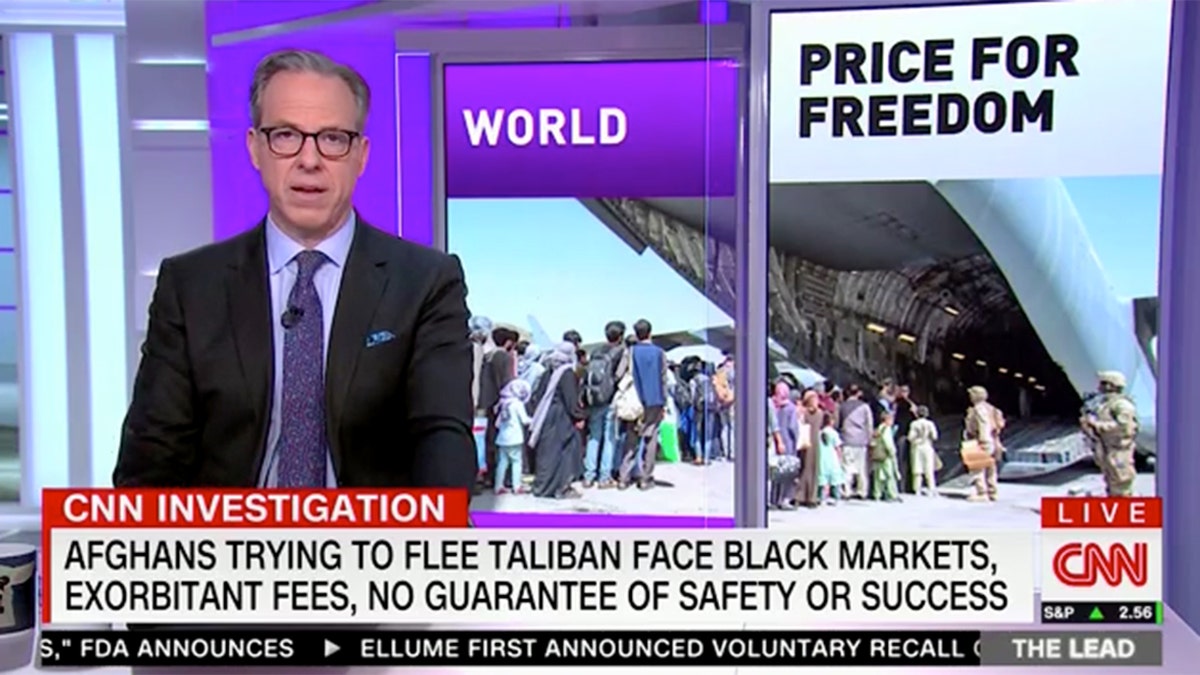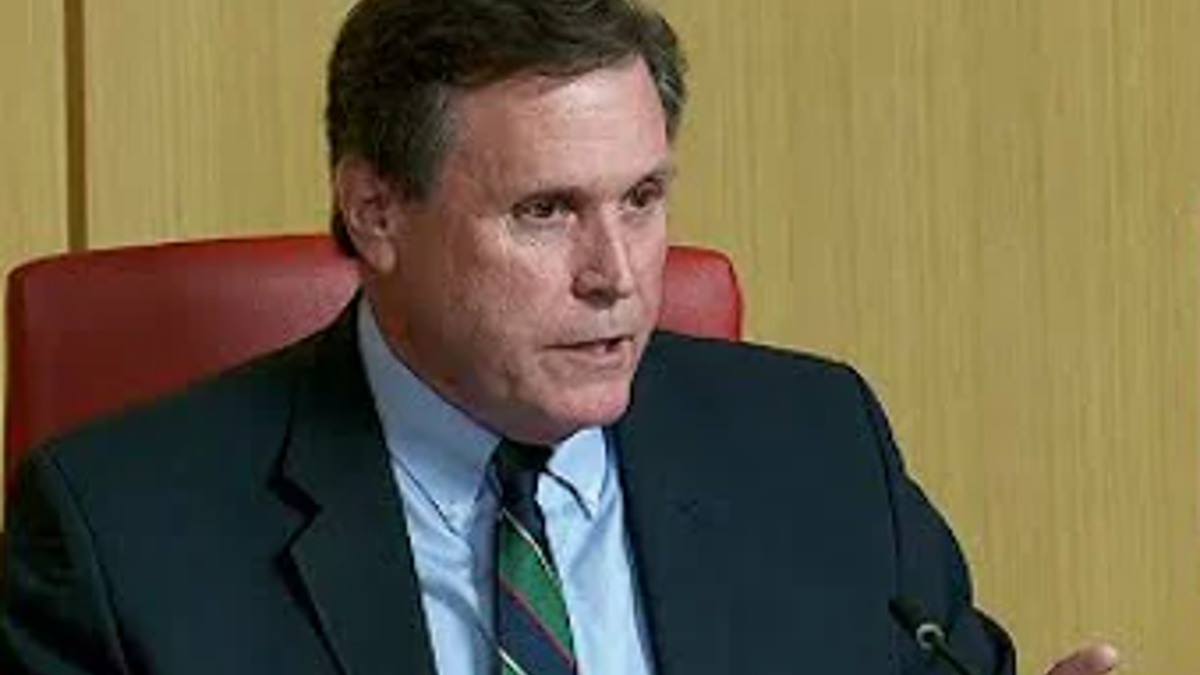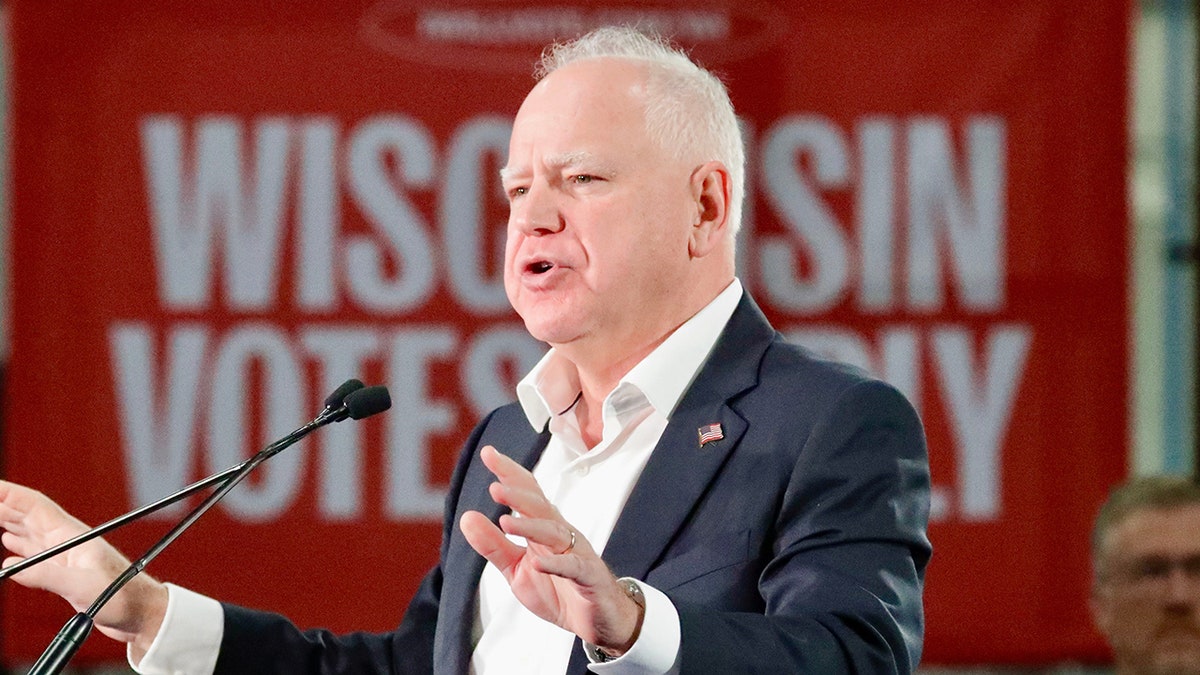A recent CNN segment saw a lively exchange between contributors Scott Jennings and Bakari Sellers concerning President-elect Donald Trump's campaign promise to lower grocery prices. Sellers initiated the discussion, referencing Trump's statements and expressing skepticism about their feasibility. He also acknowledged the Democratic Party's shortcomings in effectively communicating their message and addressing public concerns about inflation during President Biden's term. Sellers specifically pointed to the misstep of labeling inflation as "transitory," failing to resonate with individuals grappling with rising costs.
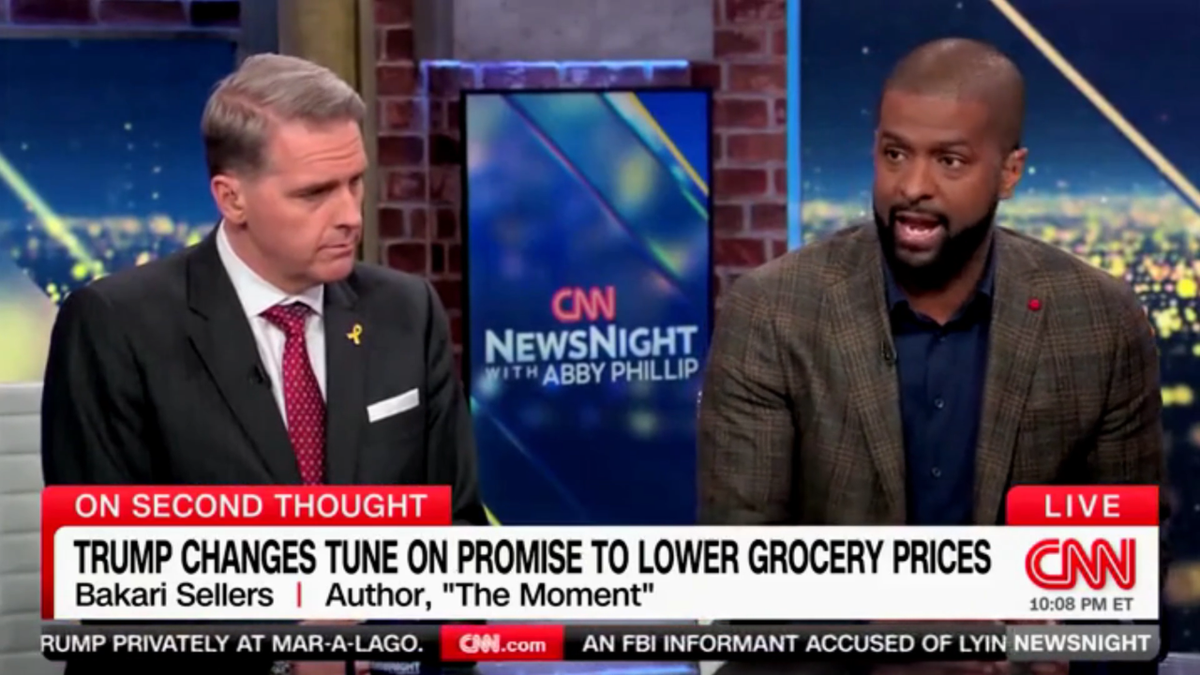
The conversation took a brief, lighthearted detour when Sellers reached out to touch Jennings' arm, prompting a playful "Don't touch me" response from Jennings. The exchange drew a chuckle from CNN host Abby Phillip, who jokingly urged everyone to refrain from physical contact.
Returning to the topic at hand, Sellers argued that the Biden administration's policies were not responsible for inflation, attributing it instead to the global impact of the COVID-19 pandemic. He emphasized that inflation was a worldwide phenomenon and commended Biden for addressing the issue. Jennings countered this assertion, maintaining that the administration's policies did play a role.
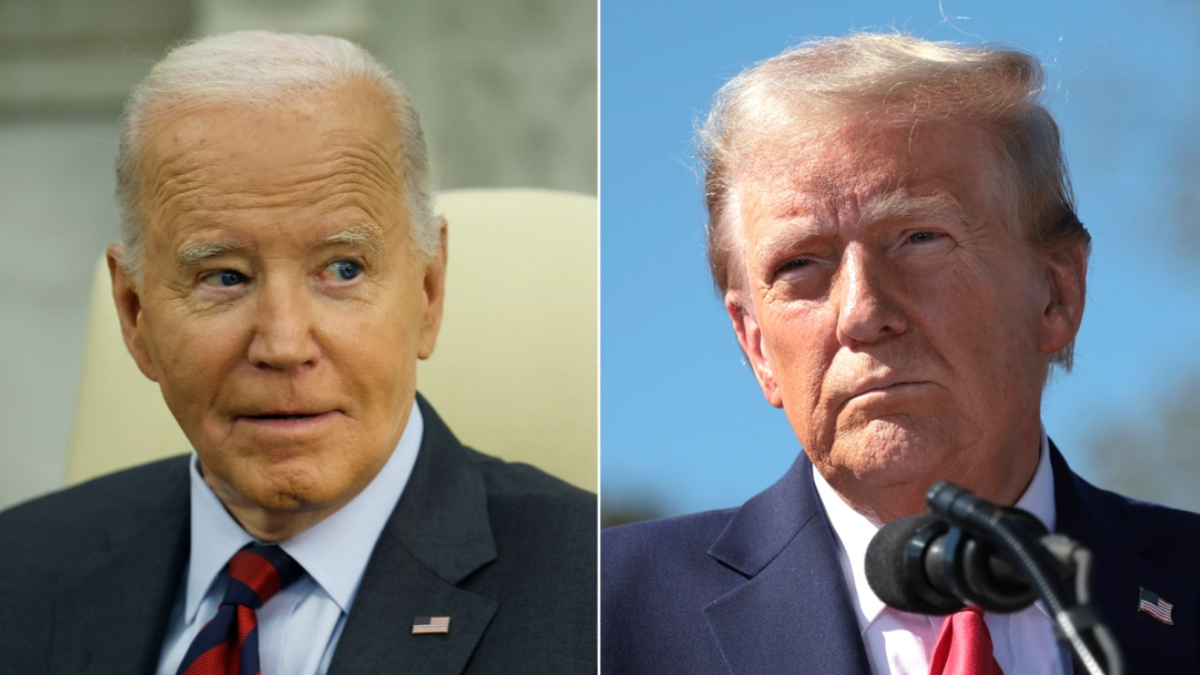
Sellers further argued that Democrats failed to effectively label inflation as "Trumpflation." Trump himself has cited high food costs as a contributing factor to his electoral victory, referencing rising prices for everyday staples like apples, bacon, and eggs. In a subsequent interview with Time magazine, following his recognition as Person of the Year, Trump acknowledged the difficulty of lowering grocery prices but expressed optimism about achieving this through stabilizing supply chains and boosting energy production.
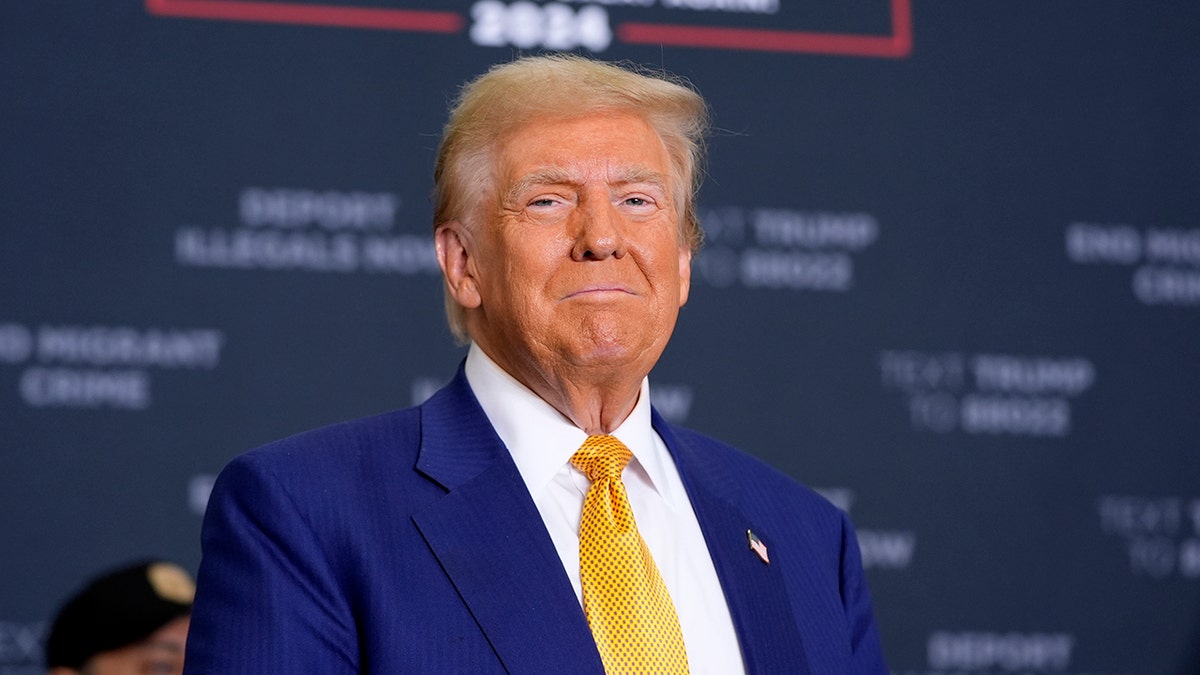
This CNN discussion highlights the ongoing debate surrounding inflation and its political implications, with differing perspectives on its causes and potential solutions.


